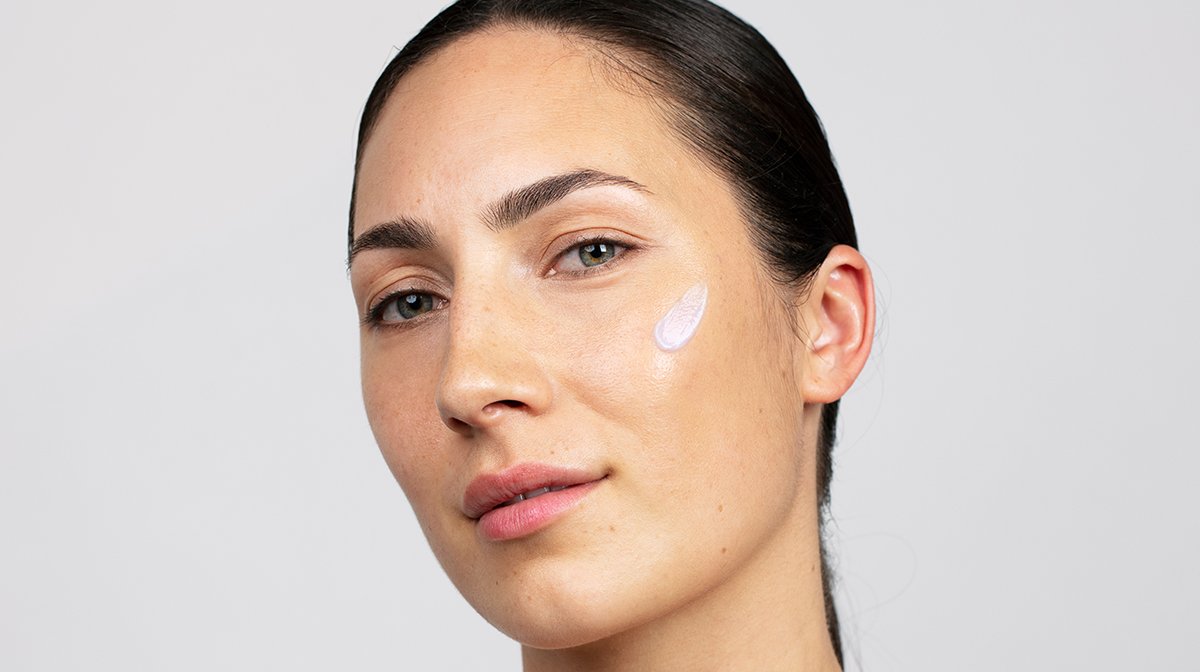Everyone understands that caring for your skin is vital, not just for your health but also to minimize the effects of ageing. Yet, with so many new probiotic skincare products and crazy beauty trends popping up everywhere, establishing a basic skincare regimen looks virtually impossible.
Many skin care products contain phthalates, sodium lauryl sulphate, and parabens, which may be harmful to your body’s system. These recognized carcinogens can cause serious harm to your health. And the more things you use, the more harmful amounts can enter and build up in your body, causing troubles in the future.
The goal of probiotics is to restore the body’s natural equilibrium, and this includes the health of the skin. There are several ways to promote skin health, but anti-inflammatory effects are the most common. Good bacteria also have anti-microbial properties that may help alleviate a variety of skin problems and ailments.
What Are Probiotics?
Live bacteria and yeasts, or probiotics, are beneficial to your health, particularly your digestive system. Taking probiotics helps repopulate healthy bacteria you may lose due to diet, medicine, or other health issues.
Along with helping digestion, they also support healthy blood sugar and hormone levels, aid in regulating your metabolism, and increase your immunity by reducing inflammation.
How Do Probiotics Benefit Your Skin?
Probiotic skincare refers to products that include live microorganisms. These bacteria intend to enhance the health and integrity of the skin by forming a symbiotic connection with it. Probiotic skincare products may also aid in the treatment of acne.
Below are some benefits of probiotics for your skin:
- Reduces Visible Signs Of Aging
Toxins and free radicals harm the skin and produce early indications of ageing. Probiotics help the body rid itself of pollutants while repairing damage caused by free radicals. They also protect your skin against the sun’s harmful radiation, which can cause premature skin ageing and wrinkles.
- Protects Your Skin
Probiotics have been shown to improve the skin’s natural barrier function. Protecting the internal organs and preventing infections and other poisons from entering the body is the function of the skin. In addition, there’s also a skin microbiome that provides protection from harmful microorganisms.
- Hydrates Your Skin
The good bacteria in your skin aids in the restoration of the lipid barrier present in your skin. As a result, probiotics help retain the necessary moisture in the skin. Probiotics help rebuild the epidermal environment, improving skin elasticity.
Understanding Probiotics
When probiotics are paired with prebiotics, which acts as fuel for the bacteria, they’re more effective. Multiple skin health advantages may be obtained by using the live probiotic extracts described below.
- Lactobacillus: A probiotic that helps lessen redness and acne while also improving the skin’s barrier function and appearance.
- Bifidobacterium: This bacterium is part of a group that reduces skin sensitivity and may help with ceramide production.
- Vitreoscilla: These bacteria help alleviate the symptoms of eczema while also lowering water loss.
Choosing The Best Probiotic Skincare For Your Skin
There are different types of skin, including dry, sensitive, oily, and mixed. Climate, pregnancy, and the sort of food you eat may all have an impact on your skin. The following is a step-by-step guide to choosing the appropriate probiotic skincare product for your skin type:
- For Dry Skin
Hydrating creams for dry skin should include postbiotics, which help to balance the skin’s microbiota and enhance moisture levels. If your skin is parched, try a moisturizing product that contains hyaluronic acid. A probiotic face mask once a week is a good choice if you have dry skin and are struggling with eczema.
- For Sensitive Skin
If you have sensitive skin, you may apply a calming serum. You may also use calming creams with probiotics to reduce irritation and protect your skin from infection.
- For Oily Skin
If you have oily skin, you need a full skincare regimen. Glycolic acid, purifying cleanser, and lactobacillus probiotics may help decrease oil production and balance your skin’s pH level. Adding a spray with anti-inflammatory and antibacterial characteristics may help relax your skin and keep it germ-free.
- For Combination Skin
Choose a skin-enhancing probiotic serum to restore your glow, remove blemishes, and brighten your skin tone. Lactic acid and Lactococcus ferment lysate may protect your skin from free radicals and gradually enhance the tone of your skin.
In mixed skin, a probiotic acne serum may help remove dead skin cells, decrease excess oil production, and strengthen the skin’s natural barrier to keep acne at bay.
Conclusion
Skin health is dependent on good vitamin and nutrient absorption. Because an imbalance of good and bad bacteria may exacerbate some skin disorders, probiotics help maintain a healthy balance.
Probiotics improve your health by boosting your immune system, and healthy skin is an outward sign of a healthy body. To get a young and beautiful complexion, you can’t just rely on skincare products alone; you need to pair them with a healthy lifestyle for the best results.









